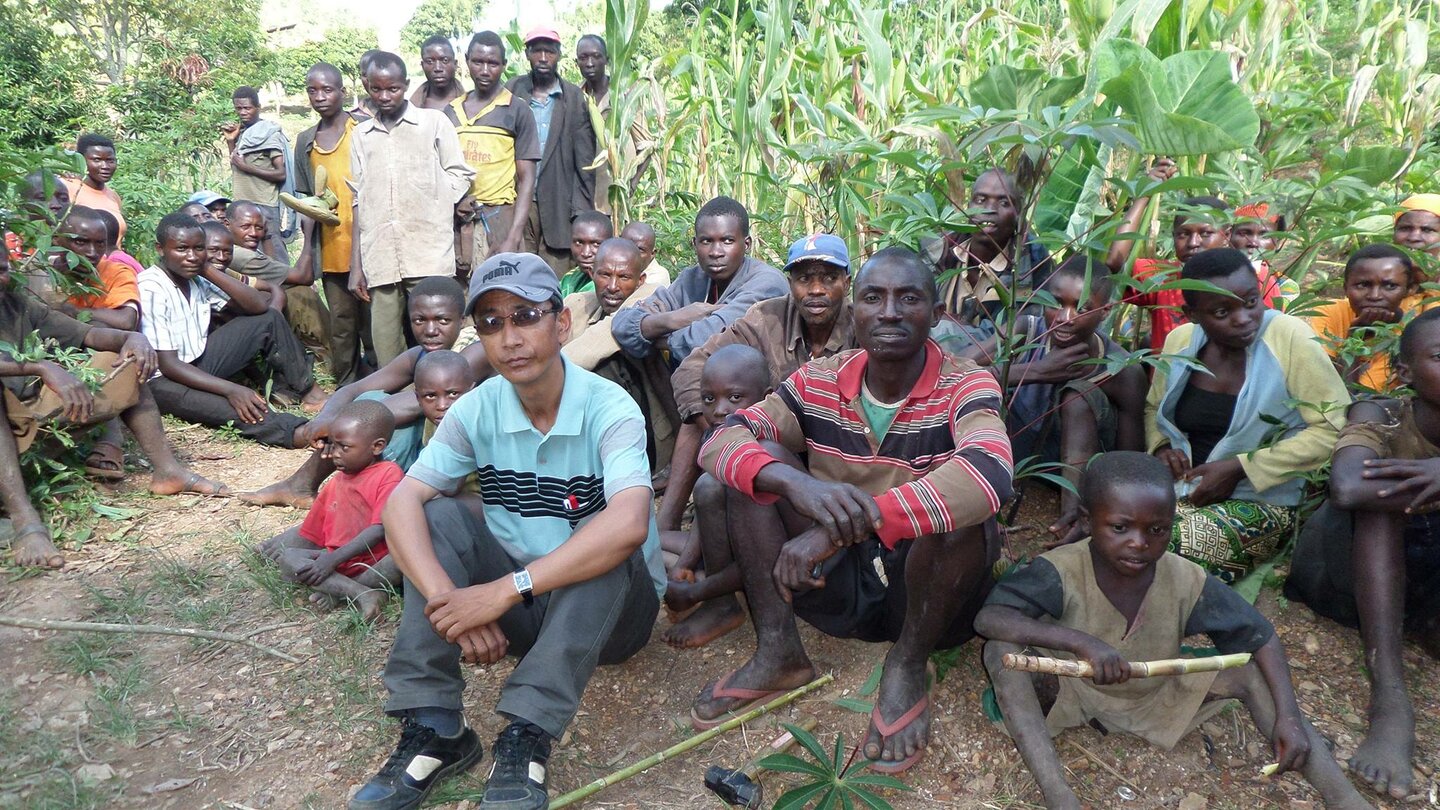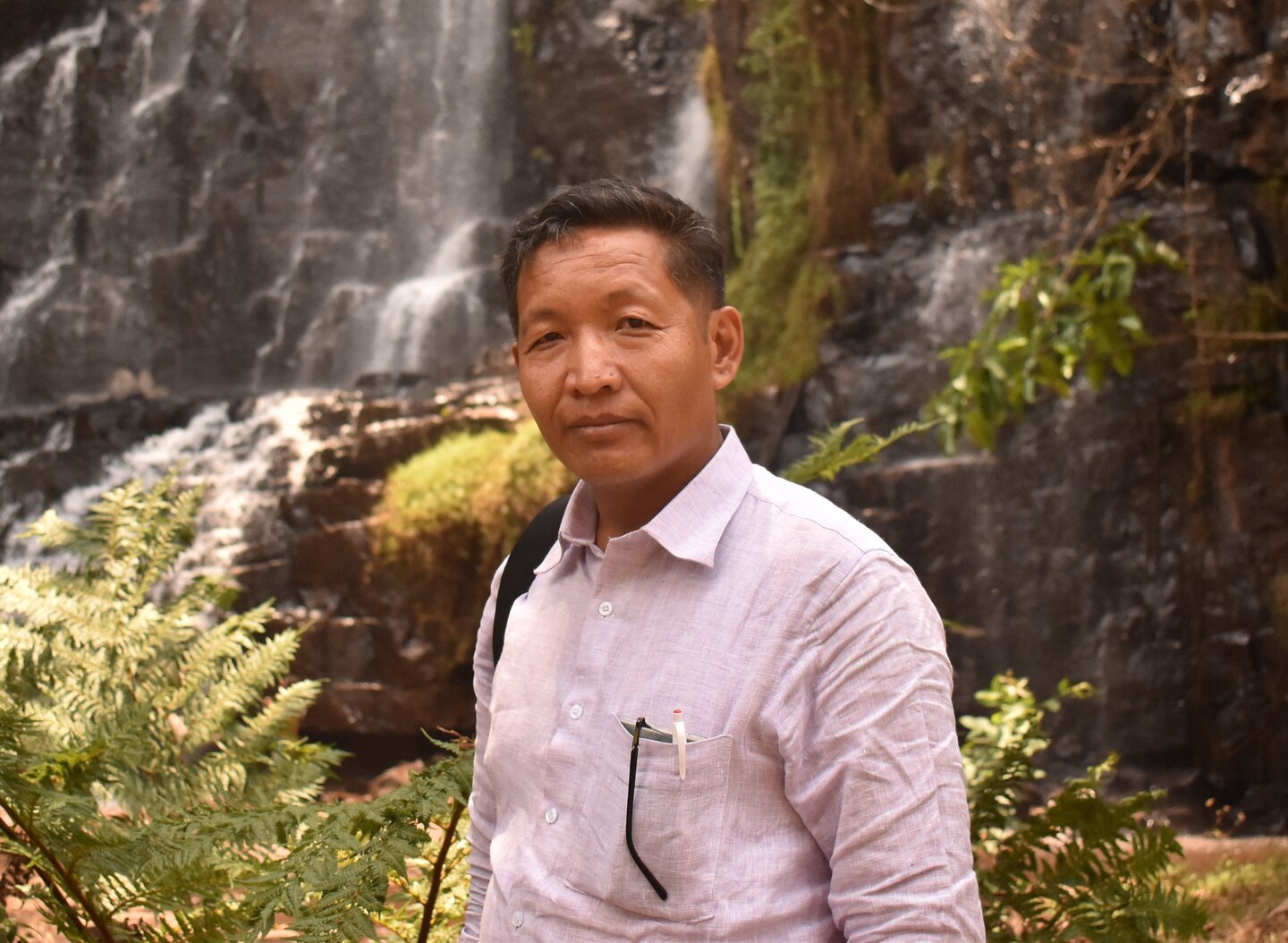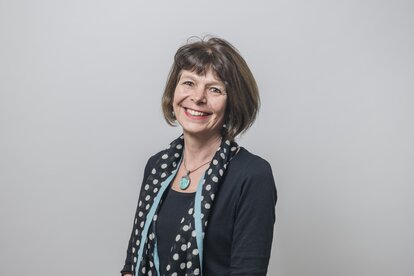In times of trouble, the homing instinct is a very natural reaction in all of us, if not always the safest in terms of the travel required. For some – especially daily laborers in urban areas - it is a simple matter of survival; at least in rural homes there is more chance of having something to eat. Testimony to this was the exodus from Kathmandu prior to the current lockdown.
When the planned halting of international flights was announced, all of us in the Country Office thought of our five colleagues building bridges in Burundi: the “4Ps” Pasang Sherpa, Padam Bahadur Gurung, Pushpa Kunwar, Prem Kumar Khadka - and Bindu Khambu. After reflection on whether travel represented more of a danger than staying in Burundi, the team opted to return. It became a race against time to get them back to Kathmandu before flights ceased. Prior to arrival, their families had been instructed on the requirement for a 14-day self-quarantine period; this was completed last Friday, 3 April. Happily, none have developed covid-19 symptoms, and are therefore now properly home. Here follow some of their recollections.
The journey and arrival: Pasang Sherpa
On 18th March, we got a message from our Kathmandu colleagues that international flights to Nepal would be blocked from 20th March, so we should come as soon as possible to Bujumbura. I stopped site work, paid the laborers their dues, packed my things and left…. On arrival at the airport, we found that our flight was cancelled, but our colleagues managed to arrange another one for us later in the day. Only simple hand-washing precautions were applied at Bujumbura airport. Very few passengers were travelling to Nairobi. When we reached there, we found a few more corona precautions being applied; our temperature was checked with a digital thermometer from a safe distance, and most airport staff were wearing masks and gloves. When we reached Doha, no precautionary measures were in place, so I felt a little afraid.
All the passengers bound from Doha to Kathmandu were Nepalese, and most of them were not wearing masks or gloves, neither were they using hand sanitizers. We ourselves had our masks in place and were constantly using the sanitizers. The flight crew distributed a form to all of us about self-quarantine on landing. I was expecting everybody to be aware of corona virus and to follow the precautions announced at the health desk. But the reality was otherwise; everybody was rushing, no distance was maintained, and temperature checking was poorly respected. The only thing people seemed interested in was getting out. I really doubt they all followed the instructions in the self-quarantine form. This worries me.

When I reached home, all my family members were watching me from the corridors as if I was a stranger. I carried in my luggage by myself and entered my quarantine room without touching anything. It felt very strange. Usually we’re so happy to see each other again, but this time it was not like that. I cannot explain in words the atmosphere in my house. It was not a good feeling. But I controlled myself and tried to adjust.
As the days progressed, we used to talk to each other like prisoners, far from the window. I knew that I was doing this to save many lives, but sometimes it felt not very good.
Quarantine: Padam Bahadur Gurung
My family had arranged for me to stay at a neighbor’s place. My younger son, who is six, always came to see me through the window, asking me, “When can I come to meet you, Dad?” We counted down the days, and I promised that then I would hug him and give him chocolate. My everyday routine was to check my temperature three times a day, clean my room and bathroom, eat food cooked and left for me by my wife, wash my clothes and utensils, write up my progress report, watch the online news, and talk with my family by video call. Our supervisor also called regularly to check how we were doing, which was a support. For me, the most difficult thing was to be alone in self-quarantine during the nights. When I tried to sleep, so many things came crowding into my mind. I was so longing to be with my family. In my opinion, the meaning of love is to be together - but here it was different: showing our love for our family meant being separate. Finally, though, this type of experience makes you a stronger person.

And now….
Of course, the “4Ps” and Bindu and their families are reveling in being back together again. Nevertheless, it is not back to “life as normal” – lockdown in Kathmandu remains strictly enforced. Police have been arresting those outside without good reason, and lorries have been spraying chlorine solution to disinfect the streets. Throughout the country, telephone dial tones have been replaced by corona virus prevention messages, which are also played regularly on radio and TV. The government is also organizing emergency hospitals and food distribution, but without widescale testing it is difficult to gauge the scale of the spread, and whether the lockdown is being effective. Given that governments in far richer countries have been slow to implement such testing, it is hardly surprising that this is challenging here.
Sadly, the lack of sanitary precautions in Doha, as described by Pasang, may prove highly significant; reports circulate on social media of returnee migrants falling sick, as do tales of such migrants being shunned by their communities. Once the lockdown ends, there will be much work to do – but for now, we can only plan, and wait for movement restrictions to be lifted enough to start such activities.
As for the bridges in Burundi, they will clearly be delayed. But the 4Ps and Bindu still see it as their duty to complete the work, once they can return in safety.




